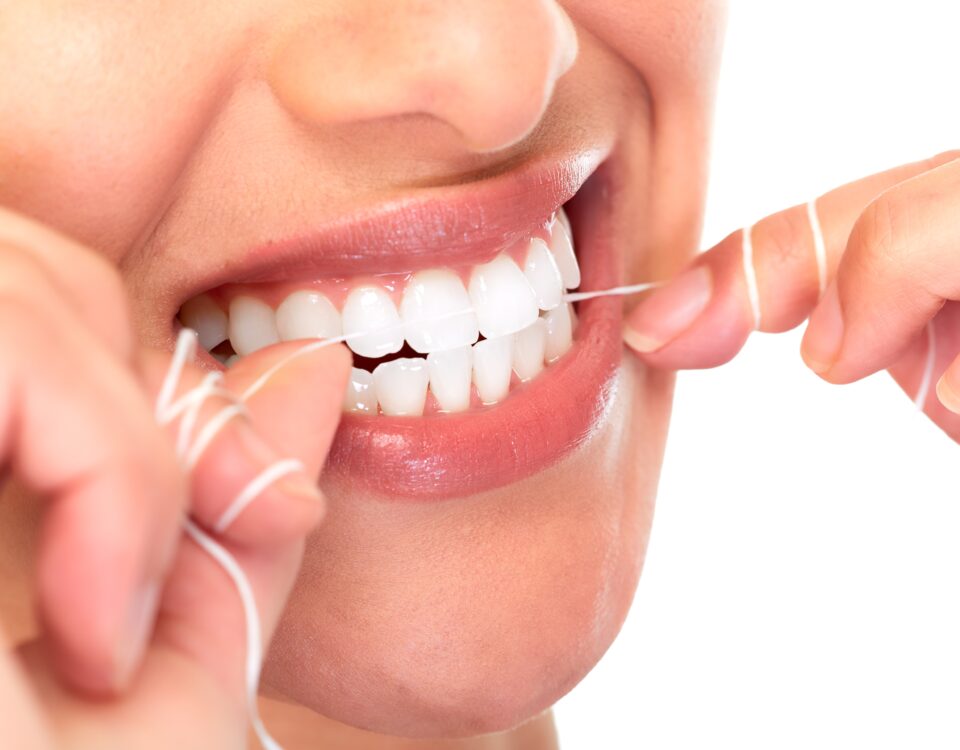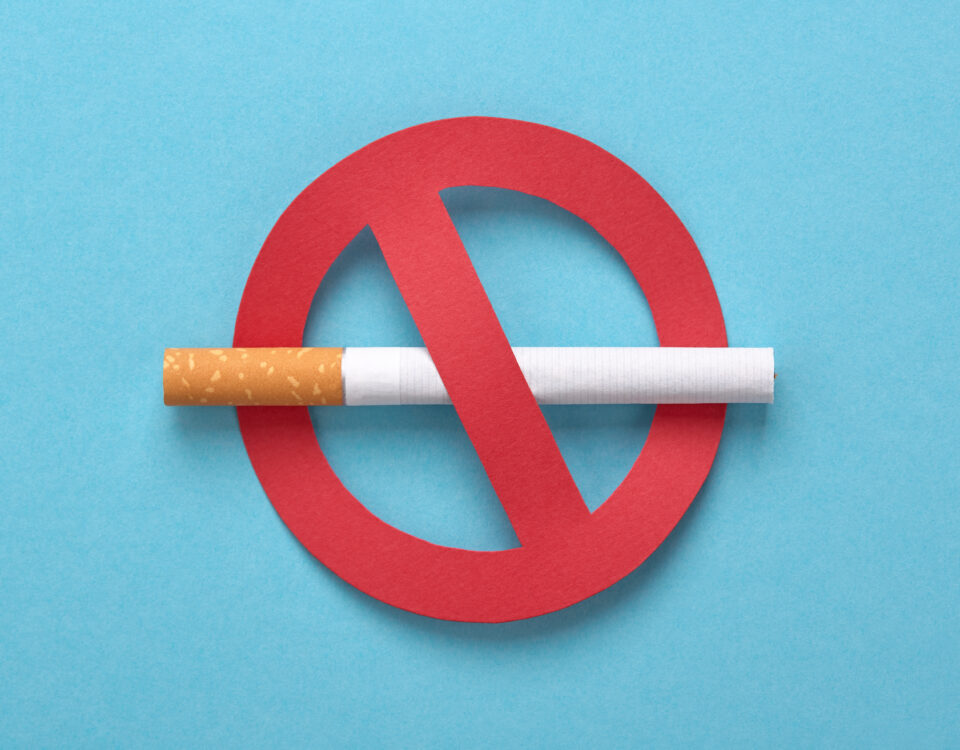National Toothache Day: 5 Ways to Treat it

What Happens if You Don’t Floss Your Teeth
February 2, 2024
The Importance of Regular Dental Checkups: A Lifelong Commitment to Oral Health
February 16, 2024National Toothache Day: 5 Ways to Treat it

Every February 9th, National Toothache Day serves as a painful yet crucial reminder to take care of our oral health. Toothaches are notorious for disrupting daily life – they can make simple tasks like eating and speaking excruciating. However, with the right knowledge and some good practices, you can ease the ache or even prevent it in the first place. As we honor this oddly specific yet undeniably significant day, let’s dive into five essential ways to tackle toothaches head-on.
Introduction: Understanding the Significance of National Toothache Day
Dental health is often undervalued until the unwelcome arrival of a toothache. National Toothache Day highlights the importance of oral care, prompting us to consider the remarkable significance of a healthy mouth. Dental issues are not only a source of physical pain but can have far-reaching implications, affecting everything from our speech to our diet and nutrition. Therefore, understanding how to address a toothache is not just about eliminating pain—it’s about taking a proactive stance on your overall well being.
Over-the-Counter Remedies: Swift Comfort for Dental Discomfort
Immediate relief from a toothache can often be accessed right in the aisles of your local pharmacy. Over-the-counter (OTC) medications like ibuprofen and aspirin are potent painkillers that can significantly reduce toothache discomfort. Similarly, oral gels containing ingredients like benzocaine can numb the affected area, providing some much-needed respite. They’re a quick and easy first line of defense against interrupted sleep and mealtimes.
Painkillers for Pain Management
When selecting an OTC painkiller, opt for anti-inflammatory drugs like ibuprofen, which can also reduce swelling associated with the toothache. However, always follow the recommended dosage instructions, and if you have underlying health conditions or are taking other medications, consult your healthcare provider.
Numbing Agents for Local Relief
Anesthetic gels can be a game-changer if toothache pain is preventing you from focusing on anything else. These topical solutions should be applied sparingly and as directed, ensuring that they temporarily block the pain signals transmitted by the nerves in the tooth.
Home Remedies: The War on Toothaches from Your Kitchen Cupboard
Nature’s pharmacy offers a range of ingredients that can effectively fight toothache pain at home. Simple saline solutions and hot compresses can be very effective. Additionally, essential oils like clove oil have natural analgesic properties that make them an asset in the home remedy toolkit for dental discomfort.
Saltwater Rinses: A Gentle, Yet Effective Approach
Mixing a teaspoon of salt in a glass of warm water creates a powerful antiseptic solution that can help reduce inflammation and fight oral bacteria. Gargle the saltwater in your mouth for a minute or two before spitting it out to target the site of the toothache effectively.
Clove Oil: Nature’s Anesthetic
Clove oil has been used for centuries in dentistry as a natural analgesic. Apply a small amount of clove oil to a cotton ball and gently press it against the affected tooth for several minutes. The oil’s eugenol compound will work to numb the pain and provide temporary relief.
Seeking Professional Care: The Most Reliable Solution
While OTC and home remedies can help manage toothache pain, they are not a substitute for professional dental care. Dental issues can escalate quickly, and the pain associated with a toothache is your body’s way of signaling that something is wrong. Scheduling an appointment with a dentist is crucial, especially if the toothache is severe, lasts more than a day or two, or is accompanied by other symptoms such as fever or swelling.
The Dentist’s Toolbox: Modern Solutions for Complex Problems
Dentists have a range of treatments at their disposal, from fillings and root canals to dental extraction for more severe cases. Diagnosis by a professional is essential to determine the root cause of the toothache and provide a treatment plan that addresses the issue directly.
Prevention Tips: Opt for a Proactive Approach to Dental Health
The best way to deal with a toothache is to not have one in the first place. Preventive dental hygiene practices can go a long way in maintaining oral health and keeping toothaches at bay. Regular brushing and flossing, along with a balanced diet, are the pillars of oral hygiene that can prevent the majority of dental issues.
Daily Care: Brushing, Flossing, and Regular Check-Ups
Make brushing and flossing a part of your daily routine. Aim to brush at least twice a day for two minutes each time and floss once a day. Regular dental check-ups can catch developing issues early and provide professional cleaning, setting the stage for a lifetime of healthy teeth.
Diet: What You Eat Affects Your Teeth
Sugary and acidic foods can erode tooth enamel and lead to cavities. Limit your consumption of these items and, when you do indulge, be sure to brush soon afterwards or swish with water to help protect your teeth.
Dental Emergency Preparedness: What to do When the Unexpected Happens
Incidents like a broken tooth or a knocked-out tooth are considered dental emergencies. Having a basic understanding of how to handle these situations can save a tooth and reduce pain while you seek emergency dental care.
Immediate Steps for Dental Injuries
If a tooth is knocked out, preserve it in milk or a tooth-preserving solution and seek dental care immediately. If there is bleeding, apply pressure with a clean cloth. In the event of a tooth breakage, rinse the mouth with warm water, apply a cold compress to reduce swelling, and find an emergency dentist as soon as possible.
Recognizing When Emergency Dental Care Is Necessary
Severe and sudden pain, excessive bleeding, loose teeth following injury, or any other major change in the oral cavity warrant a visit to an emergency dentist. It’s important not to delay, as early intervention can often make the difference between saving and losing a tooth.
A Commitment to Oral Health Goes a Long Way
As National Toothache Day wraps up, keep in mind that the best treatment for a toothache is a commitment to your oral health. From simple home remedies to professional dental care, there are numerous ways to address toothaches and maintain a healthy smile. Use this day as a reminder to take proactive steps towards a future free of toothaches, and consult with Mountain Aire Dentistry for any concerns you may have.
When you visit our Broomfield dental office, your smile is our top priority. Our Dentists invite you to experience the difference a warm and caring team can provide for you and your family. Enjoy a unique and comfortable dental experience designed to bring a healthier and happier smile back into your life. We invite you to call or visit our Broomfield dental office and discover the exceptional difference we offer to those we serve.













